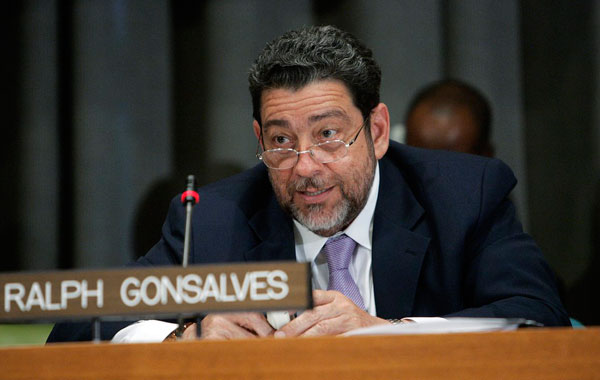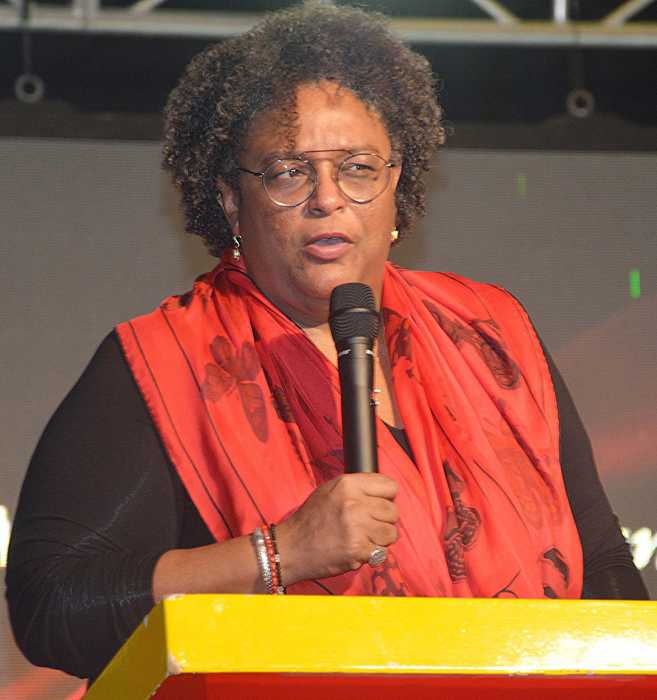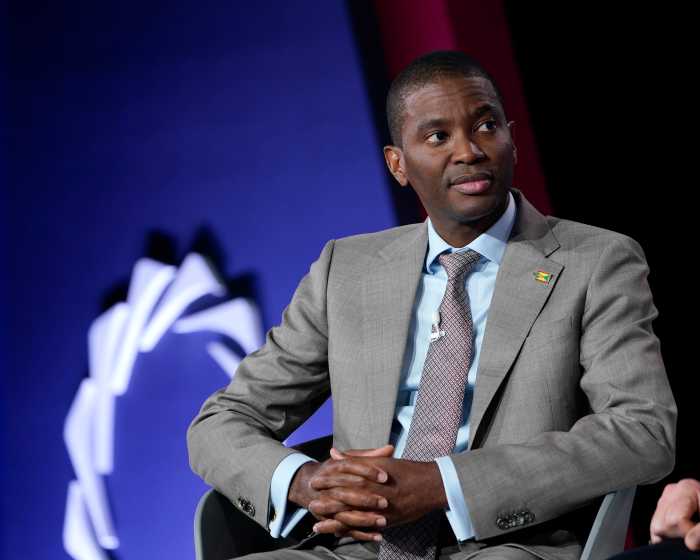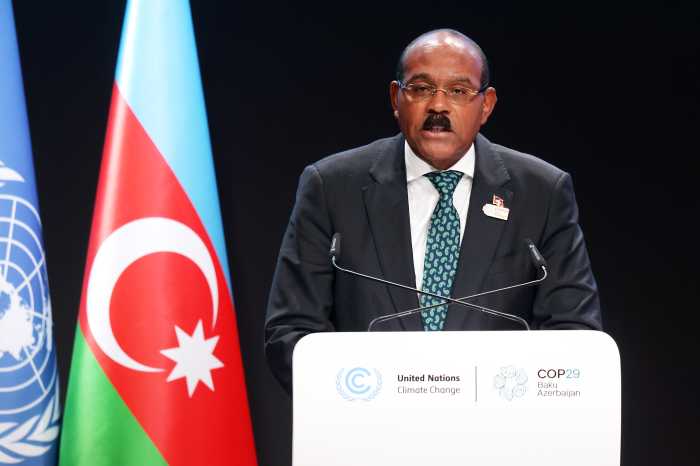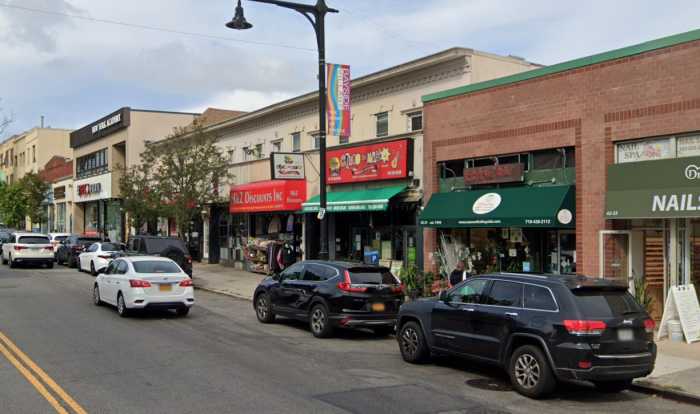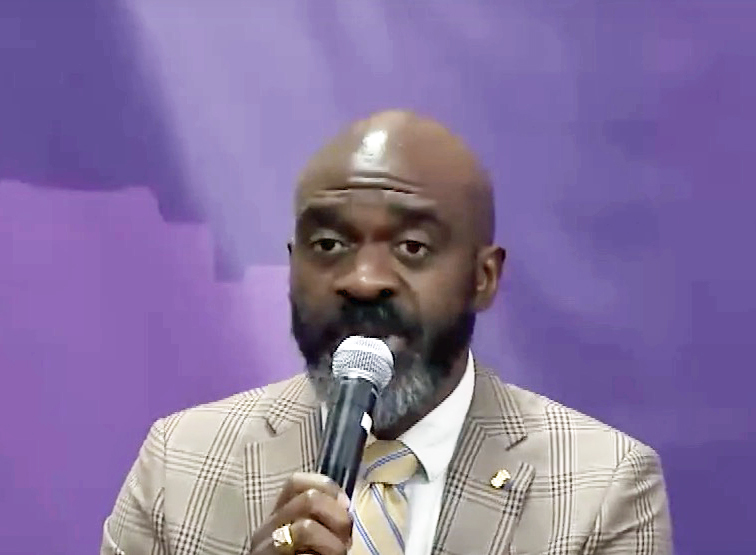Leaders from several Eastern Caribbean countries, which raise hundreds of millions in state revenues by selling passports and local citizenship to foreigners, are meeting in an emergency session in Antigua this week amid pressure from Western nations to improve transparency or to scrap such programs altogether.
With the collapse of banana and other exports to Europe and threats to slap a 10 % tariff on exports to the US, the summit is being held to refine systems that could prove to Europe and the US that the Citizenship by Investment Program (CIP) awards passports and citizenship to people of decent backgrounds.
Officials say the Eastern Caribbean Central Bank is assisting the governments of St. Lucia, St. Kitts, Grenada, Dominica, and Antigua in tabling and approving harmonized legislation that would help improve due diligence systems for people applying for passports and citizenship by investing as little as $100,000 in real estate and other ventures. The meeting, which began on Tuesday, ends on Saturday.
The bloc of nations, except St. Vincent, has been under increasing pressure from the West to scrutinize applicants’ backgrounds in the wake of a few cases where people of dubious backgrounds could obtain passports and travel visa-free to Western nations. Once discovered, officials said their travel documents were immediately canceled. Summit planners say the conference is very timely even as the US Trump administration is offering a similar scheme.
“We are exceedingly pleased that this summit will provide a platform for all stakeholders to increase their awareness of the advancements made on the regional regulatory body for the programs, which is being spearheaded by the Central Bank in collaboration with the OECS Commission,” Charmaine Donovan, Chief Executive of the Antiguan CIP program told reporters this week.”
The interim regulatory committee has been established and is well underway with developing the appropriate legislation and administrative framework. These programs are a significant revenue source for our economies, and we continue to demonstrate individually and collectively our commitment to continuously improving our programs to secure long-term sustainability,” she said.
As the summit continued, Vincentian Prime Minister Ralph Gonsalves restated his simmering opposition to the scheme, suggesting it would never operate under a Unity Labor Party (ULP) administration.
“I have warned this country about the dangers of selling our passports and citizenship. I don’t want to go through all the arguments now, because you know them, if you’re listening to me, I said I’m opposed to selling the passports and the citizenship,” said on a recent radio program.
“In principle, I’m opposed on the grounds of practicality. I’m opposed on the ground that it is not sustainable and that it is reckless to run your country’s finances on selling passports and citizenship.”
He argued that continuing the program could result in visa-free travel for the OECS being canceled as the US, the UK, and Canada have all demanded the cancellation of the CIP scheme.
“You have to apply for a visa now from certain of those countries, and the Europeans now have put it inside of their parliament. The European Union parliament has already addressed that question and is going through the parliamentary process. It’s just a matter of time. I saw it coming. It took a little longer to give them some time to clean up.”


